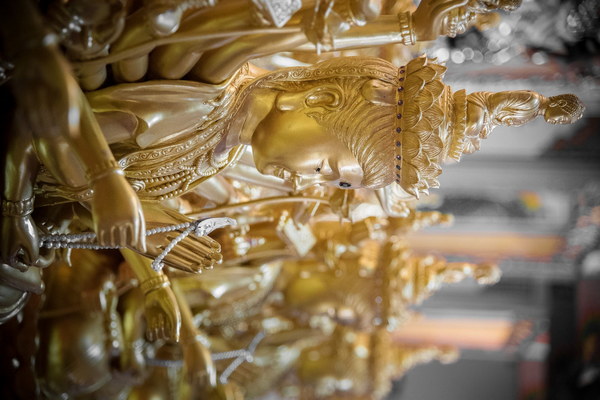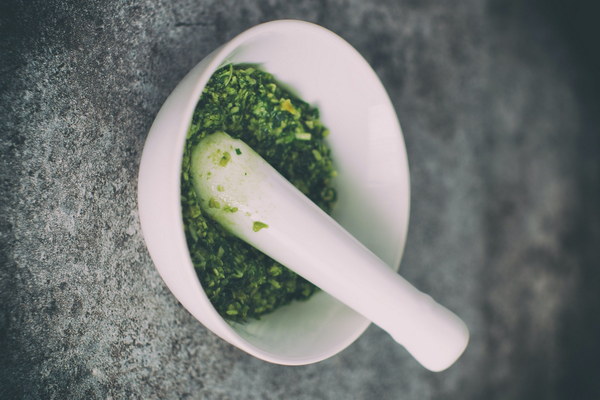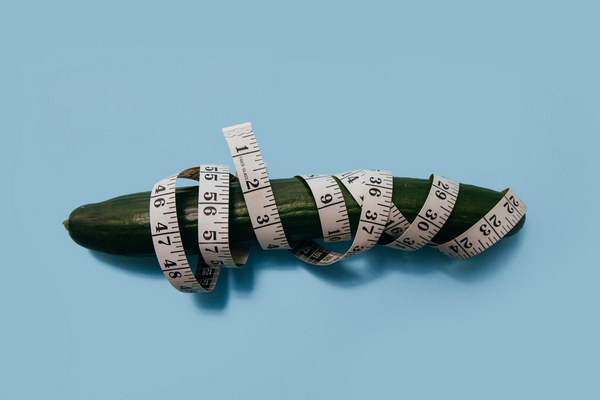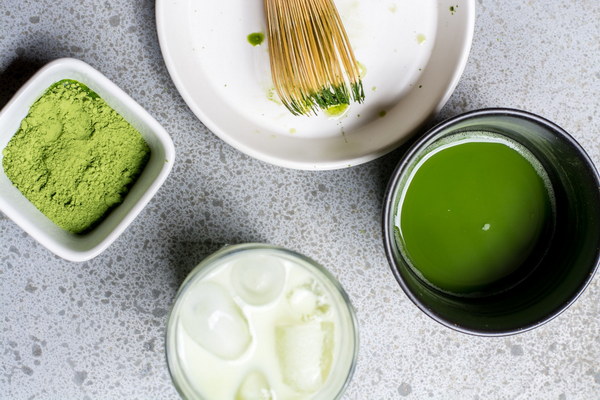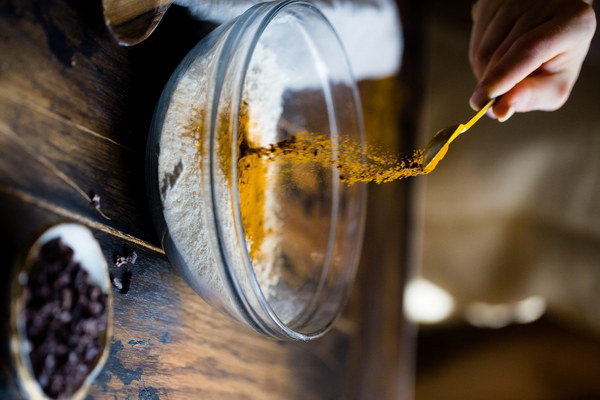Revitalize Your Liver Discover the Healing Power of Traditional Chinese Herbs for Dampness and Cold in the Liver
In the realm of traditional Chinese medicine (TCM), the liver holds a crucial role in maintaining overall health and well-being. It is responsible for the smooth flow of Qi (vital energy), the regulation of emotions, and the detoxification of the body. However, when the liver is overwhelmed by dampness and cold, it can lead to various health issues. This article explores the healing power of TCM herbs that can help nourish and protect the liver, as well as eliminate dampness and cold.
1. Dang Gui (Angelica sinensis)
Dang Gui is one of the most famous TCM herbs, renowned for its blood-nourishing properties. It helps to warm the liver, expel coldness, and alleviate pain caused by dampness and cold. Dang Gui is often combined with other herbs to treat menstrual disorders, anemia, and chronic fatigue.

2. Bai Zi Ren (Biota seed)
Bai Zi Ren, also known as Chinese yew seed, is a potent herb used to warm the kidneys and liver, expel coldness, and invigorate the blood. It is particularly effective for treating coldness in the extremities, joint pain, and kidney yang deficiency. When combined with other liver-nourishing herbs, Bai Zi Ren can help to restore the liver's balance and eliminate dampness.
3. Chuan Xiong (Ligusticum chuanxiong)
Chuan Xiong is a well-known herb used to warm the liver and kidneys, relieve pain, and promote blood circulation. It is often used to treat conditions such as headache, dizziness, and menstrual cramps, which are associated with liver and kidney imbalances. By warming the liver and expelling dampness and cold, Chuan Xiong helps to restore the liver's function and prevent the accumulation of pathogenic factors.
4. Mu Xiang (Costus root)
Mu Xiang is a versatile herb used to warm the middle and lower jiao, expel dampness, and relieve pain. It is often combined with other herbs to treat conditions such as abdominal pain, diarrhea, and menstrual disorders. Mu Xiang helps to nourish the liver, eliminate dampness, and restore balance to the body.
5. Huang Bai (Phellodendron amurense)
Huang Bai is a powerful herb used to drain dampness, clear heat, and tonify the liver. It is particularly effective for treating damp-heat conditions, such as jaundice, eczema, and dampness-related skin disorders. By clearing heat and draining dampness, Huang Bai helps to protect the liver from further damage and restore its normal function.
6. Mu Dan Pi (Mimosa tree bark)
Mu Dan Pi is a cooling herb used to clear heat, nourish the liver, and relieve pain. It is often used to treat conditions such as fever, dizziness, and headache, which are associated with liver heat and blood stasis. By nourishing the liver and eliminating heat, Mu Dan Pi helps to restore the liver's balance and prevent the accumulation of pathogenic factors.
When using these TCM herbs, it is important to consult with a qualified TCM practitioner to determine the appropriate dosage and combination of herbs for your specific condition. TCM is a personalized medicine, and the correct treatment plan should be tailored to your individual constitution and health needs.
In conclusion, traditional Chinese medicine offers a wealth of natural remedies to nourish and protect the liver, as well as eliminate dampness and cold. By incorporating these TCM herbs into your health regimen, you can promote liver health, improve your overall well-being, and prevent the onset of related health issues.

